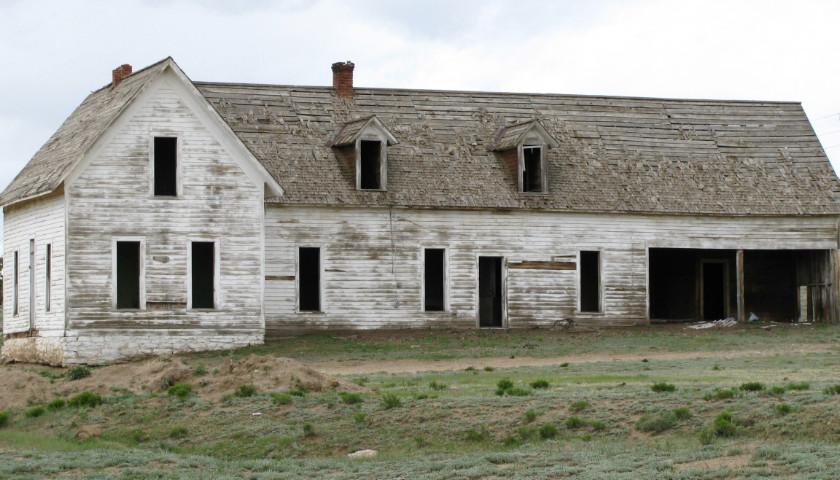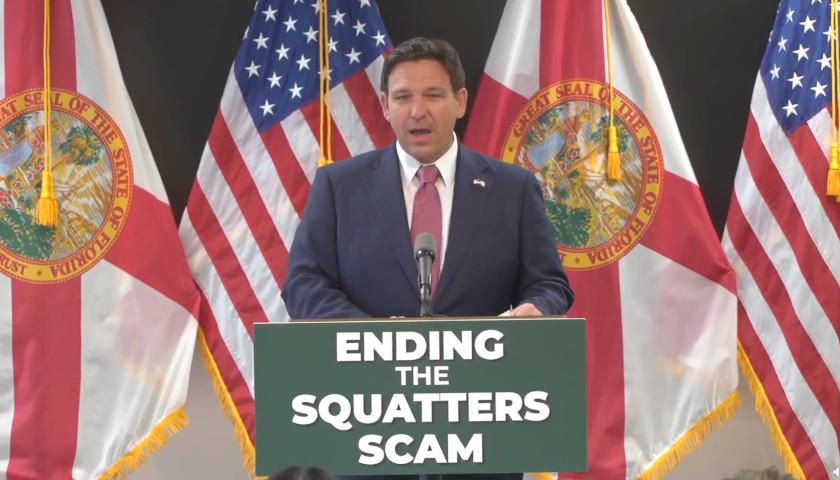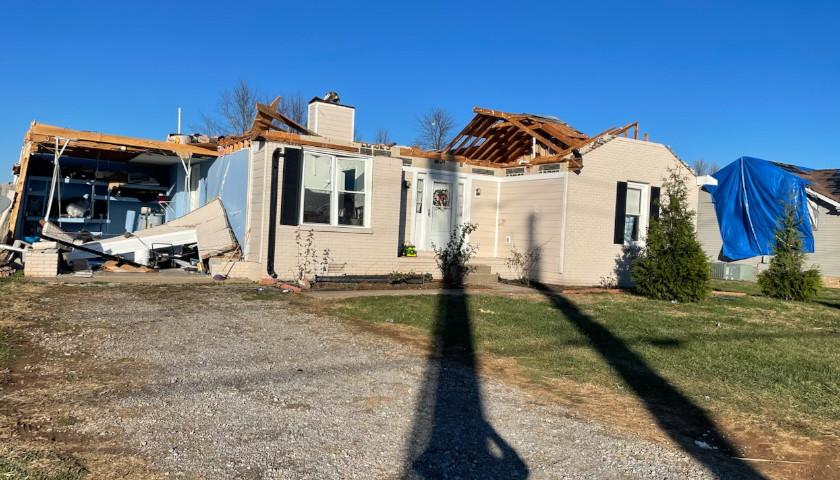by Anthony Hennen
Owners of vacant and blighted properties in Pennsylvania may soon have to pay annual fees that get more expensive with each passing year.
Where those fines will get levied, though, would depend on what local governments decide to do.
House Bill 775, sponsored by Rep. Tim Twardzik, R-Frackville, would let municipalities pass ordinances to register vacant and blighted properties, building a registry to track blight.
Owners would then pay registration fees a year after the property gets listed, starting at $500 and climbing to $5,000 for year nine and beyond. Fees would be waived if owners bring the property into compliance, and exemptions are made for owners in the process of repairing the property, seeking “in good faith” to sell it, or due to economic hardship.
Localities with existing registry programs would be grandfathered in.
“Blight is a problem that affects every community across this Commonwealth, both rural and urban. It’s not a Republican issue, or a Democratic issue,” Twardzik said in his legislative newsletter. “It devalues neighbor’s properties, increases neighborhood crime, and poses health and safety risks. In my area, this is a fight we know too well.”
If owners ignore the registration fee, they would be subject to a $25 daily fine for residential properties or a $50 daily fine for commercial properties. Blighted property owned by land banks or municipalities would be exempt.
The bill passed the House in a 177-26 vote and awaits action in the Senate.
Legislators have turned their attention to blight in recent years, which has bothered legislators in rural and urban areas alike. In October, the House approved HB1062 to create a statewide registry of blighted properties to track problematic landowners and warn local governments of “bad actors,” Rep. Mike Sturla, D-Lancaster, said.
The city of Erie established a blight fee in January, charging owners a $300 fee every 6 months. Local leaders worry that blight driving down neighboring properties can lead to disinvestment, putting a heavier burden on government funds to clean up dangerous places.
Creating land banks to buy, rehab, and resell blighted property has been one way to deal with deteriorating buildings, and the House has also passed a bill to expand their use, but finding investment to underpin the banks’ work isn’t always forthcoming, nor are buyers.
– – –
Anthony Hennen is a reporter for The Center Square news wire service, covering Pennsylvania, and co-host of Pennsylvania in Focus, a weekly podcast on America’s Talking Network. Previously, he worked for Philadelphia Weekly and the James G. Martin Center for Academic Renewal. He is managing editor of Expatalachians, a journalism project focused on the Appalachian region.





